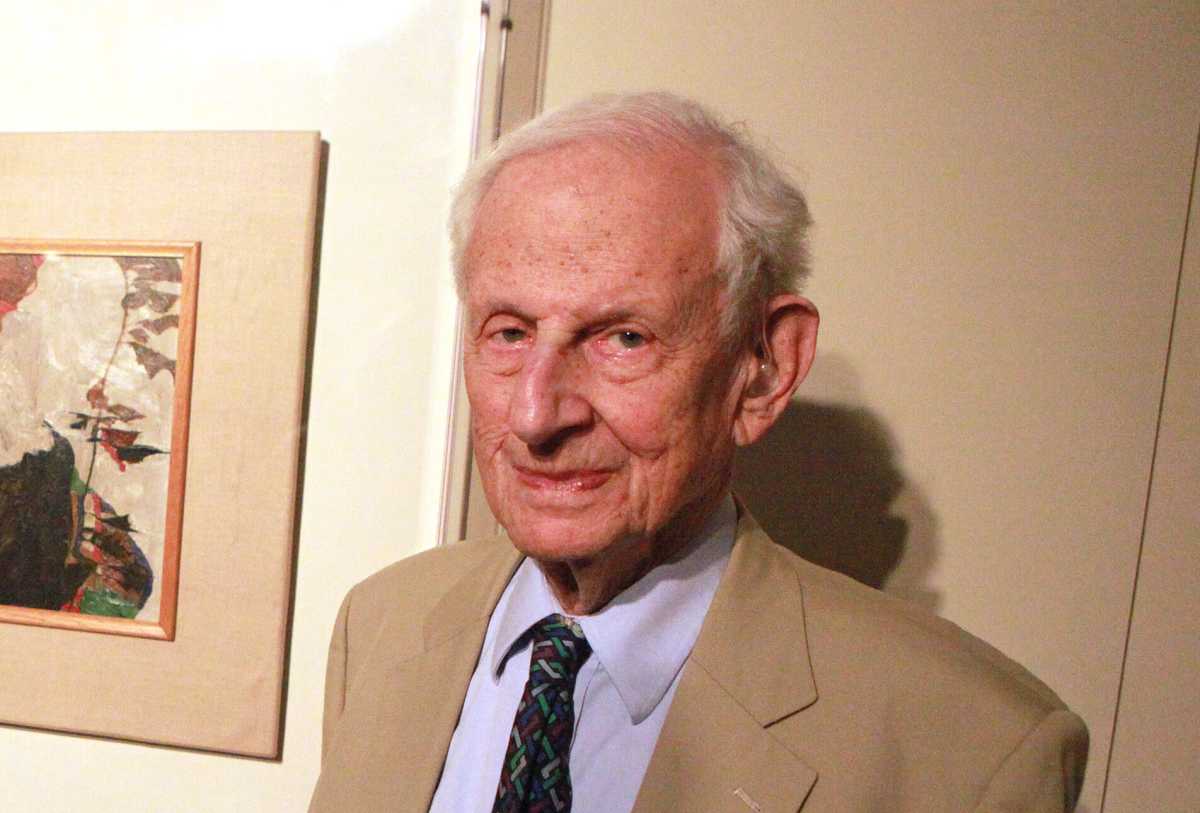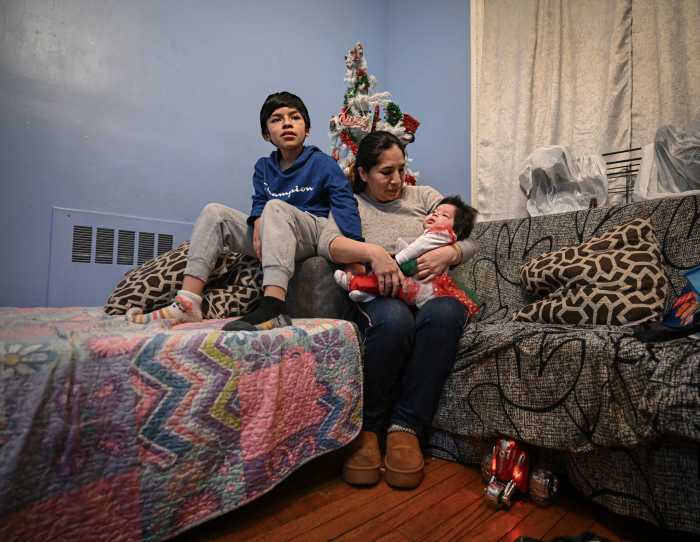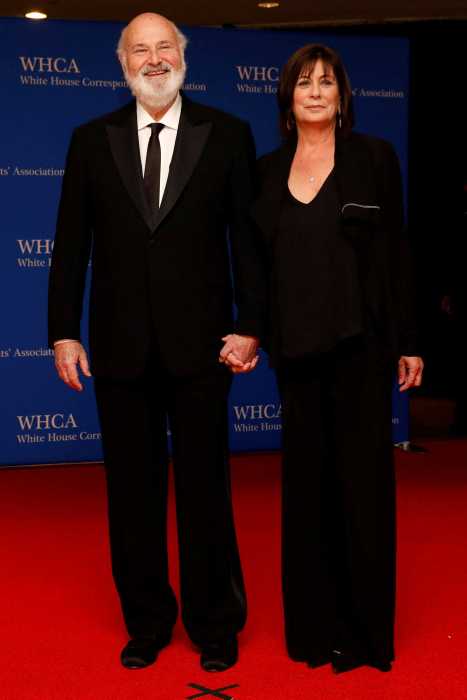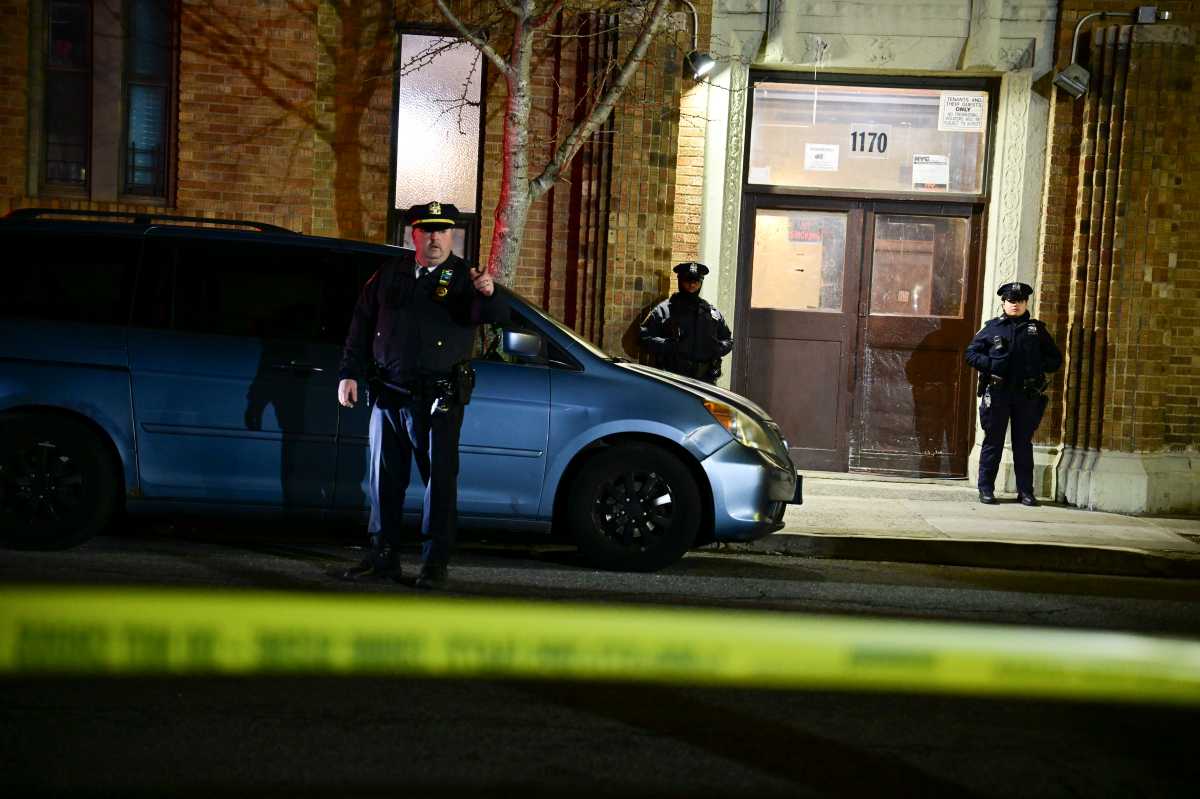BY MARY REINHOLZ Updated Sun., Aug. 4, 7 p.m. | When retired Manhattan District Attorney Robert Morgenthau died July 21 at Lenox Hill Hospital, expiring after a brief illness 10 days shy of his 100th birthday, he was remembered with accolades usually reserved for heads of state.
Governor Andrew Cuomo ordered all flags on state buildings lowered to half-staff until Morgenthau’s interment. Newspaper writers of varied stripes pronounced the white-haired patrician ex-prosecutor a unique public servant who had saved Gotham from massive crime in the streets and the corporate suites.
Robert Morgenthau’s saga as the longest serving D.A. in the city began in 1974, when he defeated in a special election Richard Kuh, an appointee succeeding long-term D.A. Frank Hogan, who had retired and died soon after. Morgenthau presided at the Criminal Courts Building in Lower Manhattan for 35 years, usually winning landslides in the general elections while running unopposed. He said his office prosecuted a total of 3.5 million cases.
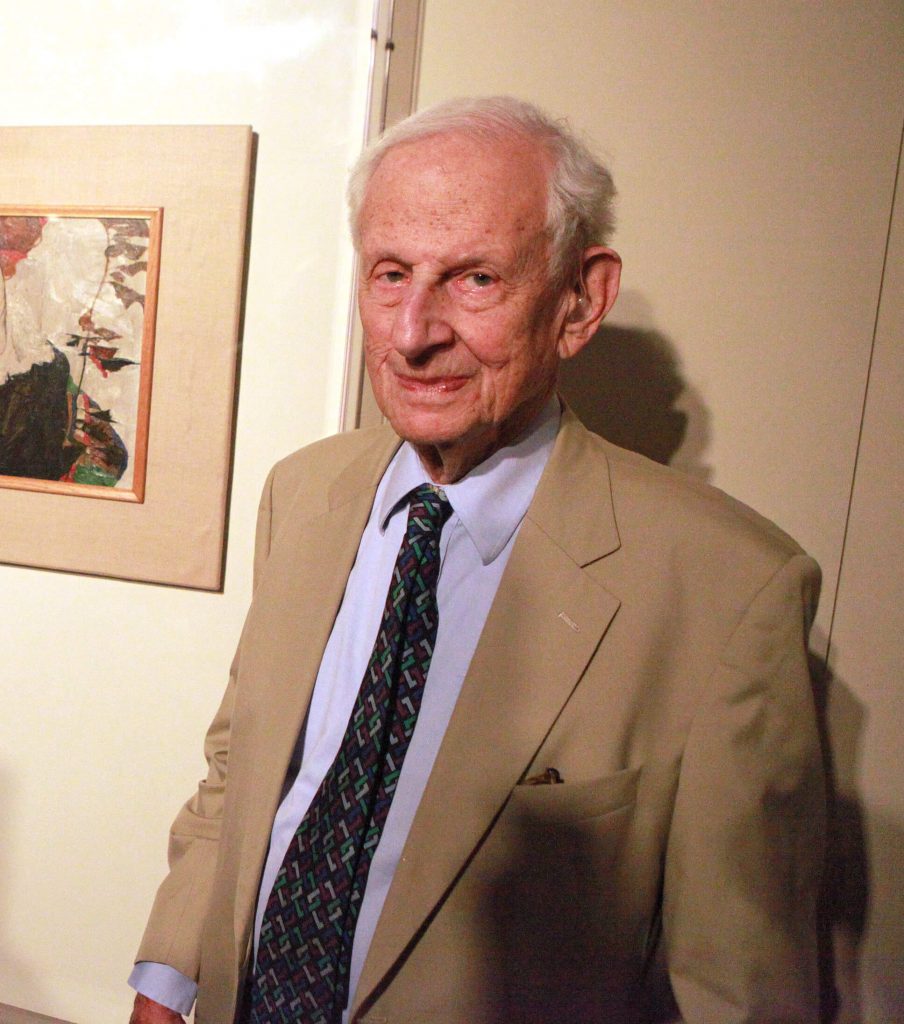
“We simply wouldn’t be the safest big city in America today if not for Morgenthau’s decades of dedicated service,” said Mayor Bill de Blasio, who later attended his funeral at Temple Emanu-El. Also at the service were former Congressmember Charles Rangel, former Mayor David Dinkins and U.S. Supreme Court Associate Justice Sonia Sotomayor, who started working for the nine-term D.A. right out of Yale Law School. She was one of numerous lawyers hired and nurtured by Morgenthau who became prominent public figures. Others included the aforementioned Governor Cuomo, former Governor Eliot Spitzer, John F. Kennedy, Jr., and Leslie Crocker Snyder, a former New York State judge who unsuccessfully ran against her old boss in 2005. She cited his age (86) and longevity as issues at the time.
Soon after Morgenthau’s passing, New York Police Department Commissioner James O’Neill tweeted that Morgenthau’s “vigorous prosecutions” helped push the murder rate down 90 percent during his tenure — from 1975 to 2009.
The city was afflicted with violent street crime, a drug epidemic and near bankruptcy when Morgenthau first took office. He had previously served nine years as a U.S. attorney in the Southern District of New York (with time out to run two failed campaigns for governor against Republican incumbent Nelson Rockefeller).
Morgenthau developed a team of 500 prosecutors who went after muggers, drug dealers, murderers, rapists, mob kingpins and white collar criminals like L. Dennis Kozlowski, chief executive of Tyco who was convicted in 2005 of looting his company of $600 million.
Morgenthau’s crew racked up a slew of convictions in sensational cases against miscreants such as Mark David Chapman, John Lennon’s assassin (1981); “Preppy Killer” Robert Chambers, who pleaded guilty to manslaughter in the strangulation of teenager Jennifer Levin in Central Park (1988); Joel Steinberg in the beating death of his adopted 6-year-old daughter Lisa (1989); and the bizarre mother-son grifter team of Sante and Kenneth Kimes, Jr., for murdering and robbing 82-year-old socialite Irene Silverman (2002).
According to The New York Times, Morgenthau was vilified for conducting what his critics described as a “waffling prosecution” of Bernie Goetz. The “Subway Gunman” shot four black youths on a subway train, claiming they had surrounded him and demanded money in 1984, leaving one paralyzed and partially brain damaged. Goetz — a hero to some, a vigilante to his detractors — was charged with illegal weapons possession, and next with attempted murder. The most serious charges were dismissed and he wound up serving six months in jail for weapons possession.
Along the way, Morgenthau won plaudits when his labor racketeering unit investigated the city’s garment and carting industries. He also became the model for late-night television’s incorruptible big city D.A. Adam Schiff, played by actor Steven Hill, in the long-running series “Law & Order.”
Morgenthau’s reputation for unimpeachable rectitude took hits recently in a Netflix series that recounted how his office got it terribly wrong in the notorious case of the Central Park Five — five teenage black and Latino youths from Harlem who served from seven and one half years to 13 years for the near fatal 1989 rape and beating of a female jogger.
Four of the young defendants confessed to the assault on videotape but later recanted, saying they were coerced. In 2002, Matias Reyes, a serial killer and rapist, admitted to the crime while in prison. His was the only DNA that matched what was found on the jogger.
Morgenthau moved to vacate the conviction in 2002 and released the Central Park 5 from prison but memories of a miscarriage of justice linger on.
“His legacy as a prosecutor is laudatory in many respects but he missed the boat on the Central Park 5 case because in the beginning, he should not have allowed it to go forward,” said Manhattan civil rights lawyer Jonathan C. Moore, who defended three of the Central Park 5. “Like many people in 1989, he lost his way and got caught up in the rush to judgment,” added Moore, referring to the public outcry over the case. After the attack on the jogger, Donald Trump called for reinstating the state’s death penalty.
Criminal defense lawyer Ron Kuby blames Morgenthau for “cramming New York state prisons with black and brown inmates” that his office prosecuted under the draconian Rockefeller drug laws, which began in 1973 and were mostly dismantled by 2009 under Governor David Paterson.
However, Kuby, in a Facebook exchange, praised Morgenthau’s service to the country in World War II, when he was an executive officer in the U.S. Navy in the Pacific and Mediterranean, decorated for bravery under fire. Kuby also lauded “Morgy” for his longtime opposition to capital punishment.
Morgenthau never called for the death penalty, saying it “exacts a terrible price in dollars, lives and human decency.”
The office of Manhattan District Attorney Cy Vance, Jr., who succeeded Morgenthau and was endorsed by him, could not provide materials requested by this paper on Morgenthau’s views on the Rockefeller drug laws, said spokesperson Danny Frost.
Vance, another protégé of Morgenthau, said in a statement that his predecessor “set the gold standard” in the nation for distinguished public service. Morgenthau’s civic activities included chairing the Police Athletic League for 57 years and helping to found the Museum of Jewish Heritage: A Living Memorial to the Holocaust. Morgenthau was the Lower Manhattan museum’s chairperson until 2013.
He was born into wealth and privilege on July 31, 1919, growing up in New York City and on his family’s Hudson Valley farm in East Fishkill. He had deep Jewish liberal roots. His father, Henry Morgenthau, Jr., was Treasury secretary under Franklin D. Roosevelt and reputed to be a major architect of the New Deal. His grandfather was an ambassador in Turkey under Woodrow Wilson.
Young Robert Morgenthau enlisted in the Navy one day after he graduated from Amherst College in 1941. He served more than four years, then enrolled at Yale Law School, from which he graduated, and joined a New York law firm headed by former U.S. Secretary of War Robert P. Patterson.
Morgenthau was a friend of John F. Kennedy and supported his campaign for president in 1960 as head of the Bronx Democrats. After winning the Oval Office, J.F.K. tapped him as U.S. attorney for the Southern District of New York twice. After his retirement, Morgenthau did pro bono work for the Manhattan law firm of Wachtell, Lipton, Rosen & Katz, and wrote editorials calling for immigration reform, among other issues, apparently up until his death.
His survivors include five children from his first marriage to Martha Partridge, who died of cancer in 1972, and two children from his second marriage in 1977 to Pulitzer Prize-winning journalist Lucinda Franks, 30 years his junior, plus six grandchildren and three great-great grandchildren.



